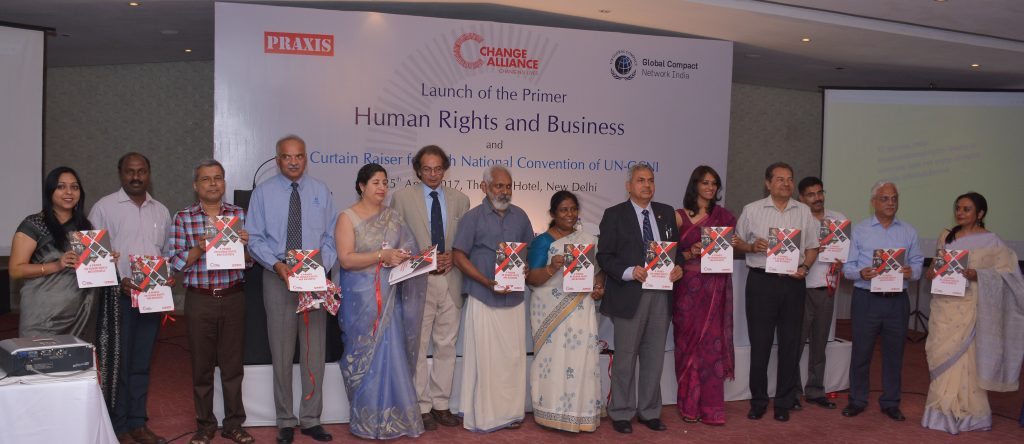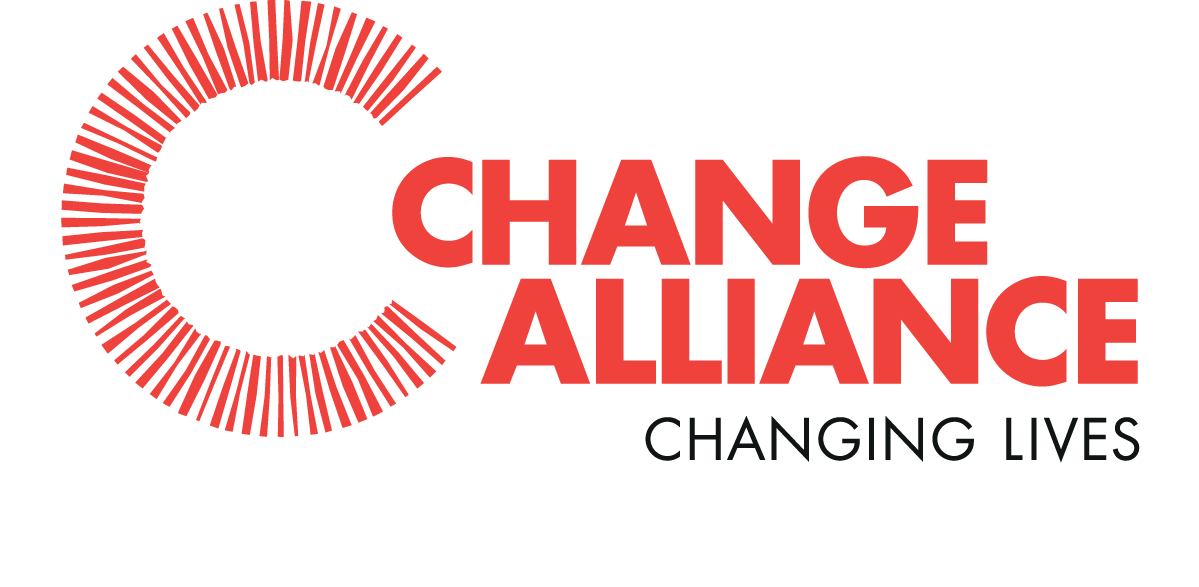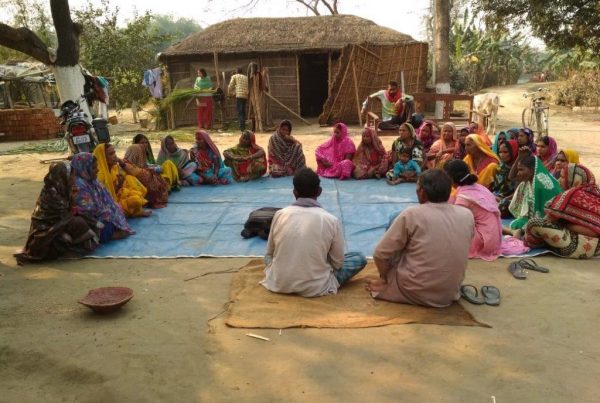
Human Rights are rights which are inherent to all human beings. These rights are interrelated, interdependent, and indivisible. Traditionally, human rights standards were thought to be solely the responsibility of the government or the state. But as the world evolved, so did its understanding, means, and scale of doing business. We realized that the way businesses are conducted play a far more critical role in this whole discourse, and creating a better society as they have an impact – directly or indirectly – on virtually the entire spectrum of internationally recognized human rights.
There is strong evidence to support that embracing human rights is good for business, which can reduce material and financial risks. For example: It is estimated[1] that company-community conflicts can cost an average world-class mining project a staggering USD20 million per week in lost productivity through delays. There are moral, financial, legal and other considerations affecting the company’s bottom line that provide incentives to take human rights seriously. Other incentives include increase in sustainable performance, improvement in brand reputation, strengthen stakeholder relationships, and being more attractive to investors, banks and financial markets.
India is one of the founding signatories of Universal Declaration of Human Rights (UDHR) and our Constitution guarantees most of the human rights contained in UDHR. The first set of rights enunciated in Articles 2 to 21 of the UDHR, are incorporated under the part III of the Indian Constitution that contains Fundamental Rights (Articles 12 to 35There are several legal acts and regulations in India that protect human rights and lay special emphasis on labour rights, stakeholder’s participation in management, human rights, responsibility towards communities, and consumer rights.
Section 166(2) of the Companies’ Act (2013) imposes an explicit duty on company directors to ‘act in good faith in order to promote the objects of the company for the benefit of its members as a whole, and in the best interests of the company, its employees, the shareholders, the community and for the protection of environment’. This provision thus tries to take Indian corporate law beyond the ‘shareholder primary’ model. In July 2011, the Ministry of Corporate Affairs released India’s National Voluntary Guidelines on Social, Environmental and Economic Responsibilities of Business (NVGs) which provide a national framework on business responsibility and guidance on its implementation. It also lays down a set of nine principles that offer businesses an Indian understanding and approach to inculcating responsible business conduct. It is also mandatory by SEBI and the Companies’ Act, 2013 to report on NVGs with respect to Human Rights and Business.
Here are a few ways companies can check their performance on Human Rights as well as take steps for improvement on the same:
Policies:
- Make publicly available stand-alone company policy on Human Rights
- Allow freedom of association and effective recognition of the right to collective bargaining
- Eliminate all forms of forced or compulsory labour
- Effectively abolish child labour
- Eliminate discrimination with respect to employment and occupation
Stakeholder relationship:
- Identify and map stakeholders with regard to Human Rights
- Respect Human Rights through the sphere of influence to help improve relationship with stakeholders
CSR: Social aspects, community engagement at deeper levels
- Provide clarity to stakeholders on expectation from company’s Human Rights performance
- Set minimum standards for conducting business with legitimacy
- Engage with stakeholders in discussions on Human Rights
- Provide social licensing, mutually beneficial programmes, and positive impacts
Compliances and grievance redressal mechanisms:
- Develop internal policies and practices
- Conduct Human Rights impact assessments, continuously track progress on Human Rights issues
- Communicate company’s efforts externally in a frequent and comprehensive manner
- Provide support provision of remedy during any negative Human Rights impacts thereby preventing harm from being compounded and grievances from escalating
- These mechanisms serve as an early warning systems and help to identify patterns and trends of negative impacts
About the Author
Dr. Archana Shukla Mukherjee is Manager, Business Development and Marketing, at Change Alliance. She can be reached at ashukla@changealliance.in
Acknowledgement
The content of this blog has been taken from Primer on Human Rights and Business developed and published by Change Alliance along with Partner organisation and experts from corporate sector. The author of this blog is the guide and editor of the published Primer on Human Rights and Business.
We will be happy to engage with your business to develop sector, theme and issue based human rights tools for businesses based on requirement to help companies understand the various approaches for the prevention and mitigation of human rights impacts and equip them with practical guidance on the same.



